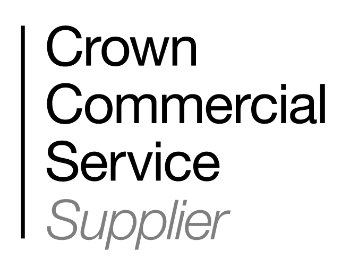As part of a website project, we are often asked to integrate the website with a CRM (Customer relationship management), for example Salesforce or Microsoft Dynamics. An API (Application Programming Interface) integration with a CRM provides a seamless connection between a website and the CRM, enabling businesses to streamline their operations, enhance customer experience, and improve overall efficiency. Often this is used for logged in areas such as membership portals.
API integrations allow for real-time data synchronization between the CRM and the website, automated processes and automated login via SSO (single sign on), and personalised interactions.
A client came to us and as part of the website rebuild wanted to integrate with a number of third party systems, and the key one was their CRM, in this case Salesforce. Salesforce, a leading customer relationship management (CRM) platform, offers robust APIs that allow websites to interact with its data and functionalities. The API is neutral in the sense that it can connect with any CMS, such as Drupal, Craft or Umbraco.
For instance, when a customer submits a form on a website, the integration can automatically create a lead or contact record in Salesforce, ensuring that data is captured and accessible for internal sales and marketing teams. It can also check for an existing record based on email or ID and then match this so that duplicate entries are avoided, keeping the data clean and up to date.
The API connection can be a simple on-way connection, where for example the form data is capture on the website and sent to the CRM, or it can be a 2 way sync where data from the CRM is also sent to the website, for example if a customer/member logs in to their dashboard/my account. This can then allow for the user to update their details, and perhaps sign up to events etc. All of this data is then sent to the CRM and populated in the correct place. This can be a real time synchronisation.
By accessing customer data stored in the CRM, the website can provide tailored and personalised experiences to your customers
"One key advantage of an API integration with Salesforce (or any CRM) is the ability to capture and store data directly in the CRM system and the website and then for the data to be shared. This eliminates manual or duplicate data entry, reducing the risk of errors, saving time and reducing the risk of storing stale data. In particular this is useful for sites where users log in to their account, as they can then manage their own preferences (for example newsletters they sign up) and to keep their contact details and consent selections up to date.
For ecommerce sites, the API integration can help to automate processes and workflows. For instance, when a user completes a purchase on the website, the integration can automatically create an opportunity in Salesforce, assign it to a sales representative, and trigger follow-up actions such as sending confirmation emails or updating inventory.
For membership organisations, members can manage their membership, renewals, upgrading the membership and so on. there may also be special member benefits (booking events, applying for grants, accessing member only material etc) that the user can access and manage through their website account and which is then reflected in the CRM.
Personalization is another significant benefit of website/CRM API integration. By accessing customer data stored in the CRM, the website can provide tailored experiences. For example, a website can display personalized product recommendations based on a customer's purchase history or show relevant offers based on their demographic information.
In conclusion, an API integration between the website and a CRM can offer many benefits to the overall business processes and workflow. It can enable a streamlined experience both for the user, and also for the business.
One thing to pay attention to is that API integrations are by nature to some extent at risk from security attacks, so ensuring that things like WAFs are added to the site, you can read more about WAFs and security here.
There are hundreds CRMs available and we have experience with many of them (Salesforce, Microsoft Dynamics, Affinity etc) but as long as there is a API available for the CRM, we can help you connect it with your website.
Read more about







